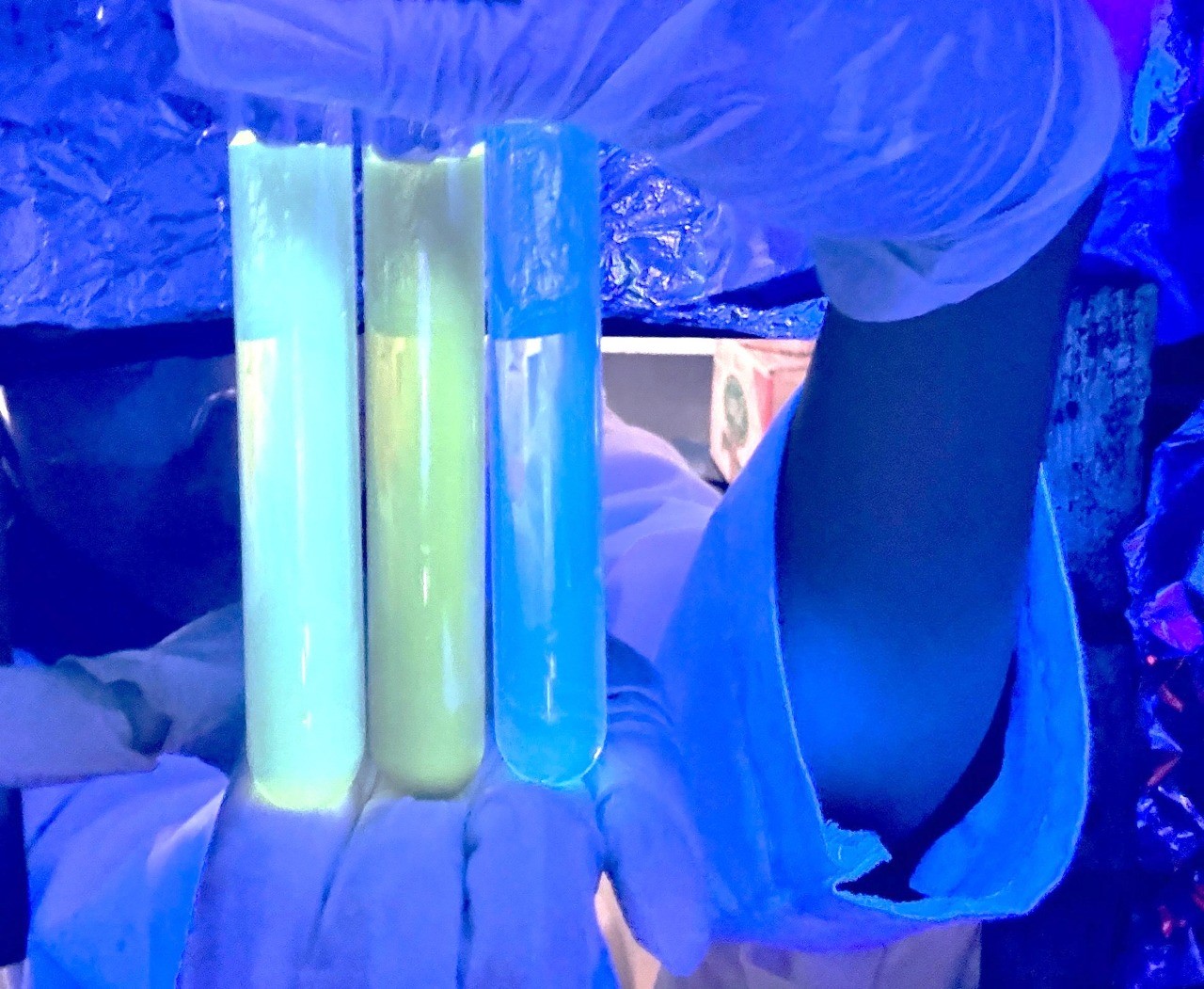Students of the Faculty of Science and Mathematics, Diponegoro University (FSM UNDIP), have successfully developed a low-cost sensor based on carbon quantum dots (CQDs) to detect the presence of the antibiotic tetracycline in food products such as milk and honey. This innovation marks an important step in supporting food safety, as it enables rapid and simple detection without the need for expensive laboratory equipment.
The sensor was created using a simple method involving a microwave and inexpensive materials such as citric acid and urea. As a result, the nanosized particles—one hundred thousand times smaller than a human hair—are able to detect antibiotics in just one minute. The detection mechanism applied is known as ON–OFF sensing, in which the green fluorescence emitted by CQDs dims when tetracycline is present in the sample.
FSM UNDIP research coordinator, Prof. Yayuk Astuti, PhD, explained that tetracycline residues are often found in products such as milk, honey, and livestock produce, posing health risks if consumed repeatedly. “We designed this sensor to be fast, inexpensive, and safe to use. This innovation demonstrates how basic science can provide real benefits, particularly in ensuring food safety,” she stated.
Head of the Physical Chemistry Division of FSM UNDIP, Dr. Rahmat Nuryanto, added that this research is a tangible example of how fundamental science can be applied to solve everyday problems. “Prof. Yayuk is currently developing an efficient method for synthesizing CQDs to be applied as antibiotic sensors. The results directly address important issues such as food safety and environmental health,” he explained.
One of the student researchers shared that the process of producing CQDs is highly simple and affordable. “We hope this research will benefit society, especially in detecting antibiotic residues in food such as milk and honey,” the student said.
Although still in its early stages, this research shows great potential in creating a detection technology that is low-cost, fast, and easily accessible. In the future, this carbon quantum dots-based innovation is expected to support food safety systems, particularly in regions with limited laboratory facilities.
FSM UNDIP continues to support innovative research that delivers tangible benefits to society. Through the development of technologies rooted in fundamental science, FSM UNDIP remains committed to contributing solutions to food and health challenges, in line with the university’s vision of becoming a world-class institution actively engaged in sustainable development.

